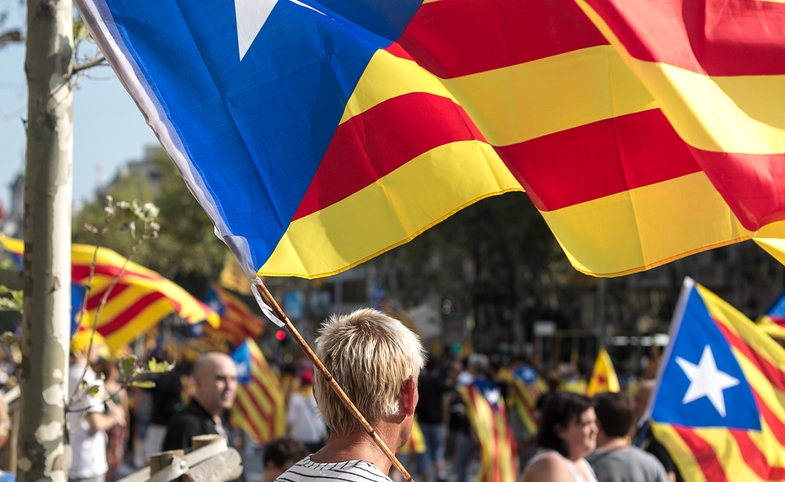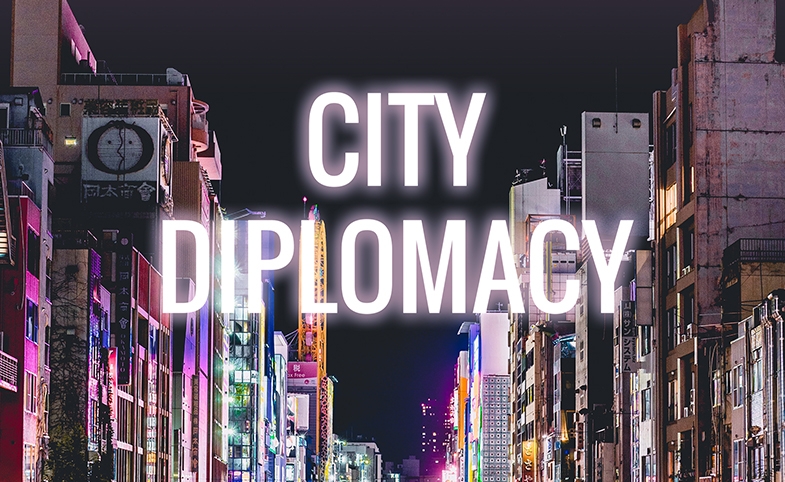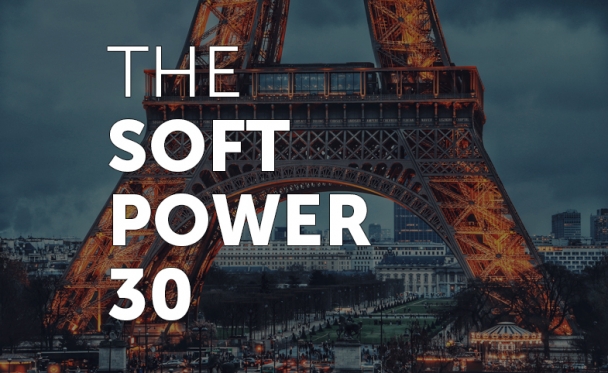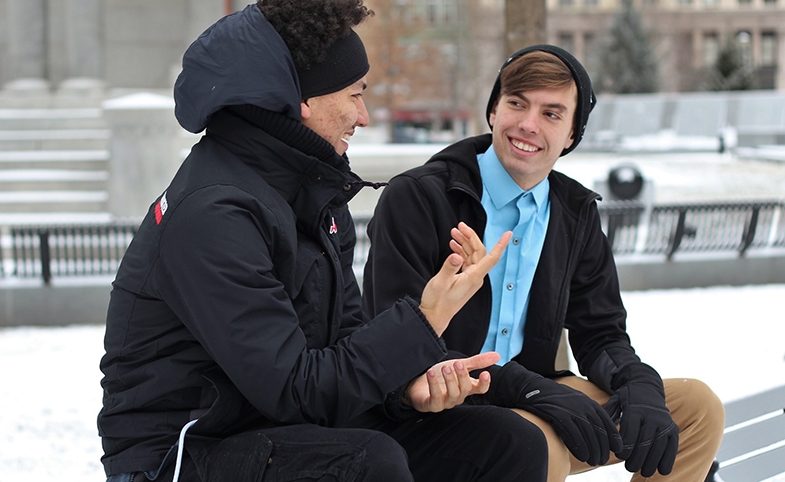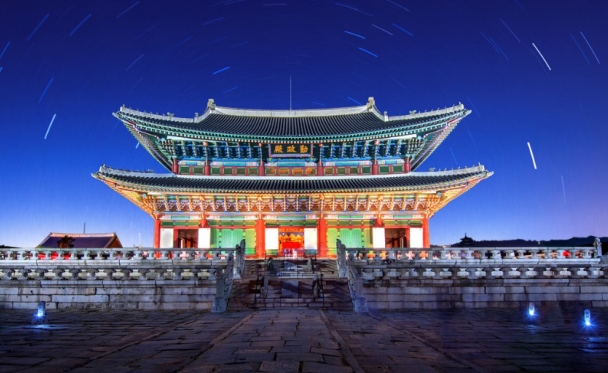Zushan Hashmi, thediplomat.com
Despite a growing online population, Pakistan’s politicians have little use for the internet.
uncaptioned image from article
Grassroots internet movements, viral hashtags, the cyber vilification and bullying of ordinary citizens and celebrities, all of which are currently making waves across traditional media in Pakistan, have witnessed this significant rise in coverage due to the increasing number of internet users within Pakistan. With this exponential growth across the South Asian nation, the lack of digital diplomacy initiatives within the Pakistani government, and particularly its Ministry of Foreign Affairs (MFA), in the context of engaging with both domestic and foreign populations and its counterparts in other countries, is disappointing, but nonetheless, expected in a nation that is yet to see a prime minister with a personal social media account.
Today, Pakistan has approximately 35 million internet users or nearly 18 percent of its population. More importantly, the number of internet users in the country is increasing by an average of one million per month, hence reaffirming the importance of the internet and its potential impacts on the country’s future. Moreover, 60 percent of Pakistan’s population is currently below the age of 25, which means that large numbers of people already are, or are growing up as digital natives (people born with a familiarity of computers and digital technology).
Additionally, due to the highly competitive mobile network market that consists of multinationals from Norway, China, and the Gulf Cooperation Council (such as Telenor, Ufone and Zong) one can purchase approximately 2.5 gigabytes of internet data for less than it costs to buy 1 kilo of potatoes! Therefore, Pakistan’s digital natives have been able to use social media to influence policy outcomes within the country, including, but not limited to pressuring the government to implement the 2016 Women’s Rights Bill, and assisting in bringing justice to the perpetrators of university student Mashal Khan’s lynching. Similarly, Pakistani internet users have been able to successfully start and grow e-businesses, build their own social media brands and YouTube channels, and engage with people from around the world on issues ranging from politics to entertainment.
This, in turn, has created endless opportunities for the Pakistani government to educate, inform, and influence populations, both at home and abroad, through the use of social media and other digital initiatives. Yet the sorry state of digital affairs, particularly in the context of the country’s civilian government, are severely curtailing the MFA’s use of this potential for its own benefit.
The most obvious metrics to measure the impact of Pakistan’s digital presence in the context of public diplomacy are the social media accounts and the overall presence of its leaders, MFA officials, and diplomatic missions on these platforms. By assessing the country’s major social media pages, the content of its tweets and the methods through which it is engaging with current and new audiences, it can be determined as to how well the MFA utilizes digital diplomacy to influence audiences.
In this instance, neither of the abovementioned channels present a positive or successful image of Pakistan’s digital diplomacy. The recently deposed Prime Minister Nawaz Sharif was very conservative in his use of the internet and social media — a digital immigrant, he never created an official social media account to his name. This is also true of Pakistan’s current prime minister, Shahid Khaqan Abbasi. Since leadership plays a crucial role in the success of any government restructuring and innovative policy, this further reinforces the shambolic state of digital diplomacy at the Pakistani MFA. This, of course, is in spite of the fact that Pakistan’s foreign minister does possess a social media account consisting of mainly retweeted posts, but with nearly 900,000 followers, which leads to certain problems as discussed below.
This lack of Pakistani digital diplomacy is also obvious when assessing its diplomatic missions on social media. Barring the Twitter accounts for the Pakistani embassies in the United States, Belgium, and Russia, the MFA has no other verified accounts on social media. Perhaps what is most surprising is the type of content that is shared across these social media accounts. Based on my assessment of the Pakistani MFA Twitter page, and in particular that of the Pakistani consulate in Sydney, a rather surprising anomaly in itself, it is easy to see how the diplomatic missions lack any sort of cohesive strategy, or for that matter, an overarching understanding of the utilization of social media. Currently, the Sydney consulate’s account follows less than 100 people and has close to 700 followers on Twitter. These figures present a very bleak image in regards to the overall engagement and the purpose of the account.
Furthermore, much like the nation’s other diplomatic social media accounts, the consulate’s posts mainly consist of re-tweets that have no underlying basis for promoting cultural initiatives (which is often considered to be the bare minimum for a diplomatic mission on social media). This, in turn, also means that it is not sharing any substantial original content. Neither is it engaging with the Pakistani diaspora in Australia, which according to the recent Australian census has more than doubled since 2011 to over 65,000 people. Additionally, the consulate does not regularly tweet or share posts regarding its two most sought-after services – education in Australia and visa services.
There is no doubt that the implementation and development of digital diplomacy initiatives in any capacity require a certain amount of resources. Alongside this, it is imperative to develop a basic but cohesive and well-constructed strategy that provides a premise and a set of guidelines for diplomats to maintain their presence online. However, neither of these can come to fruition instantly, as digital policy learning and implementation also arises through engaging with, and learning from, previous ICT initiatives, domestic and foreign counterparts, experts, academics, and in this case, the digital natives of the nation.
As Pakistan’s digital population continues to grow, the digital world will become an imperative part of everyday engagement and interaction for the government. However, until the MFA begins to tap into the potential of digital diplomacy and craft a direction for it internally, the picture will continue to look bleak for its future within the digital arena.
Zushan Hashmi is the Policy & Research Coordinator for the South Asia Study Group, at the University of Sydney, in Sydney, Australia. Follow him on Twitter: @Zushanhashmi






